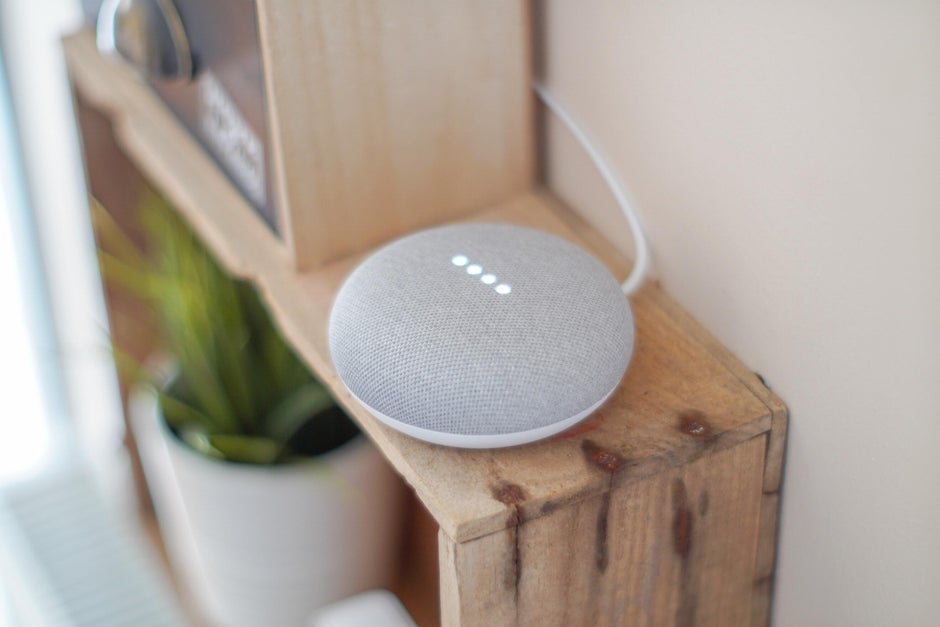Google may be forcing its voice assistant on you, sparking monopoly investigation
The European Commission suspects that the search giant is forcing Android smartphone makers to exclusively install its own in-house voice assistant above any of those created by competitors, and the Commission is already performing inquiries and informal investigations to find out whether this is true.
The EU Commission questions manufacturers if Google is implicating them into exclusivity practices
The European Commission has already contacted multiple Android smartphone manufacturers, questioning them as to whether Google has contracted them to exclusively pre-install Google Assistant, banning rivals from making it onto the handsets—although Google Assistant isn’t quite the most popular voice assistant on the European market right now, coming in third in smart speaker form, behind Amazon’s Alexa and Apple’s Siri (respectively).
“Google would do well to review its business practices with its partners,” warns Andrea Pomana, a member of a principal German law firm which advises the Commission. “The Commission, still yearning for the Digital Markets Act, might be losing its patience,” she says.
Google is fighting back, arguing that its operating system provides more freedom to developers and consumers than any other mobile platform out there. It also denied having any influence on which voice assistant its contracted manufacturers pre-installed on Android smartphones.
“Manufacturers can choose which voice assistants to install on their devices and users can also choose which assistants to use and install” —Google
If these manufacturers end up producing any tangible proof that Google was indeed involved in such an exclusivity practice, the EU Commission’s case could effectively proceed against the search giant.
There will be mountains of cash up for grabs in the smart speaker market soon

If Google forces all Android smartphone consumers to use Google Assistant, they’d be more likely to buy a Google smart speaker in the future, allowing the giant to easily expand its portion of the quickly expanding market.
Andrea Pomana also explains that it isn’t surprising to see voice assistants become the next point of contention between the biggest tech giants and antitrust regulators, as one of their biggest revenue-generating features is collecting mountains of invaluable data about their users, which is then used in targeted advertising to generate even bigger mountains of cash.
Investigations include whether two voice assistants can be installed on Android smartphones
For all the latest Technology News Click Here
For the latest news and updates, follow us on Google News.
